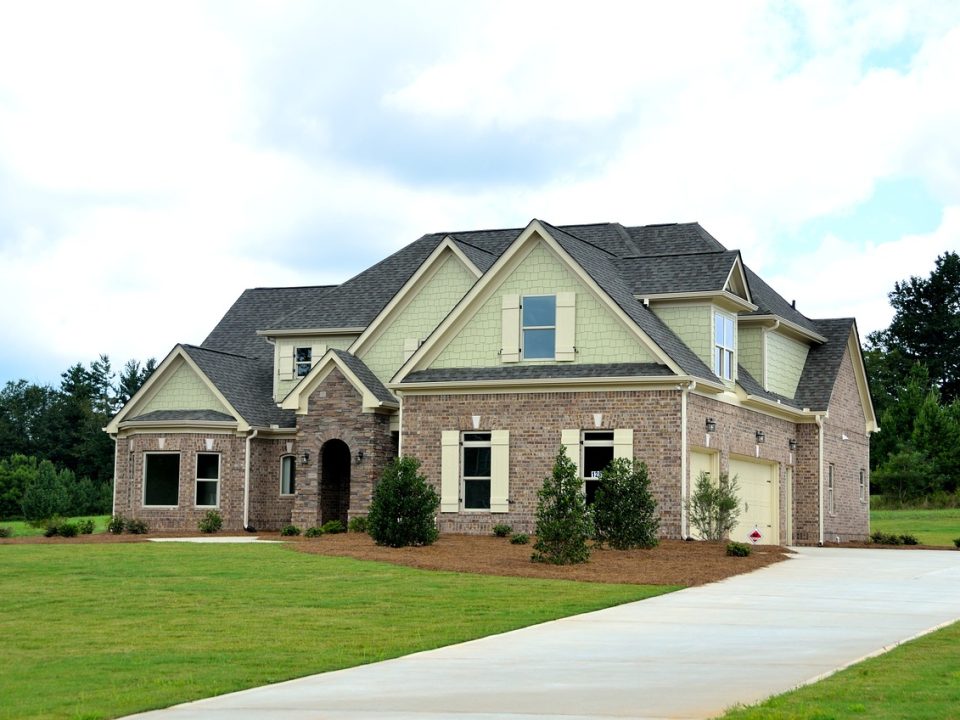11 Cost-Effective, Fun and Festive Christmas Decoration Ideas- Infographic
December 13, 2017Rainy Season Renovations: What to Do before the Weather Turns Wet
December 23, 2017If you’re in the process of buying your first home, one thing that’s certain is that you have a lot of questions. What color should you paint the living room? Do you have enough money to put a patio in the backyard? How soon can you pay off the mortgage? But you may not be thinking about all of the questions there are to answer about your homeowners insurance. Given that about one in every 15 insured homes has a claim each year, it’s too risky to go without insurance — and your mortgage lender wouldn’t allow it. One of the biggest questions about homeowners insurance is, “How much can I expect to pay to insure and protect my home?” The quick and easy answer is that it depends, but the good news is that you have some say in how much you pay for your homeowners insurance.
For example, your new home’s location in relation to certain critical services or geographical features can impact your insurance rates. Living closer to a fire station may bring your rates down, for example. On the other hand, living closer to a body of water may raise them due to the increased risk of flooding.
Any and all features you add to your new home can affect your insurance rates. Swimming pools, hot tubs, wood-burning stoves and fireplaces all have the potential to increase your risk of liability — and your rates as a result. Any remodeling work you do after you move in is likely to affect the value of your home and potentially raise your insurance costs, but adding a new roof may lower them. Of course, doing nothing when your home requires extensive repair work can raise your rates, too. New homeowners also should be aware that their insurance rates may be affected by their history, including credit scores and any previous insurance claims.
If you have questions about how your insurance rates for your new home may be affected by various factors, consult the accompanying guide. It details how your past actions and certain aspects about your new home can influence your premiums.





![Don’t Buy a Home Without Reading This [Infographic]](https://bruzzesehomeimprovements.com/wp-content/uploads/2017/02/First-Time-Home-Buyer-150x150.jpg)


